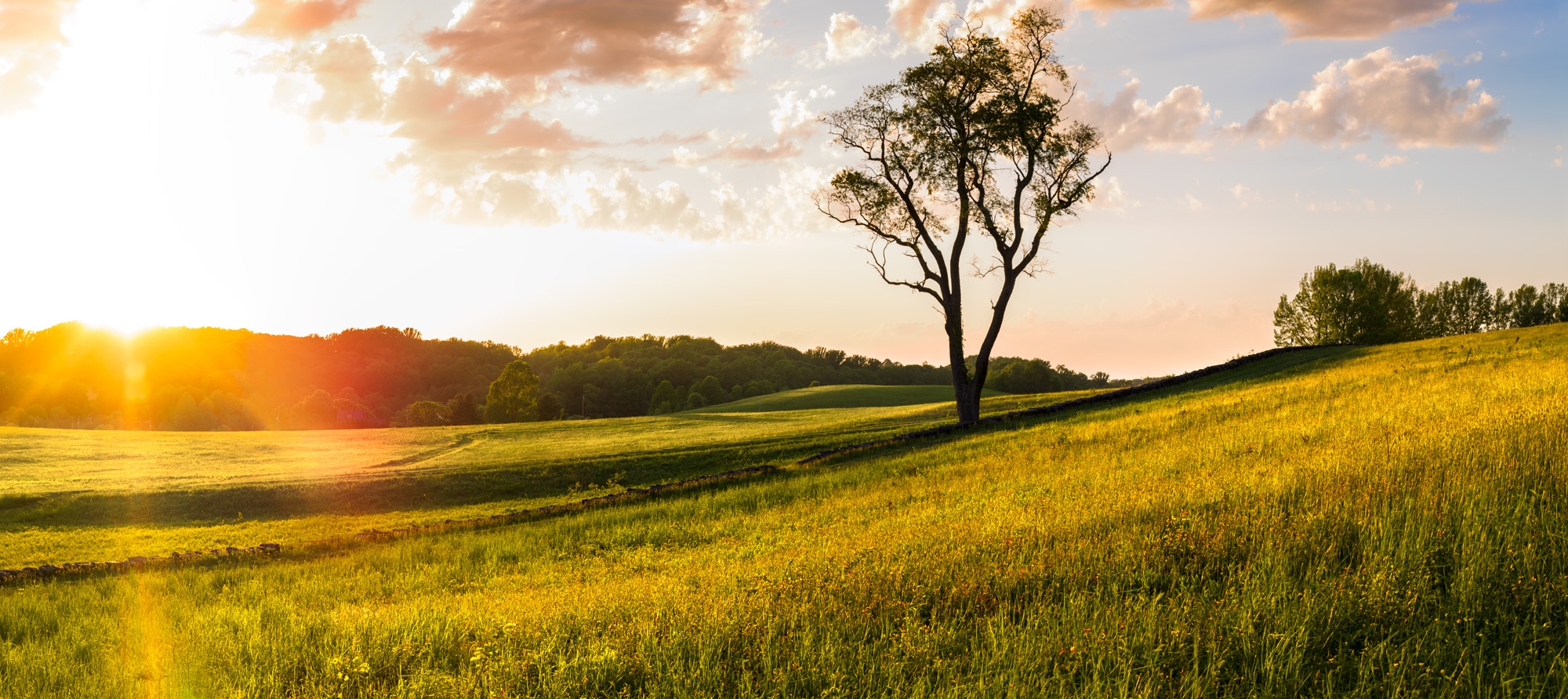This week, Congress passed an $867 billion Farm Bill with new language that supports land and water conservation, and creates opportunities for the outdoor recreation industry in government-led forestry, conservation and rural development programs.
The bill passed overwhelmingly in both the Senate and the House, which approved the legislation on Dec. 12, 2018, and is now headed to President Trump for a final signature.
The Farm Bill is typically reauthorized every four to five years, said Meryl Harrell, a consultant who worked with the outdoor recreation industry on the bill and is a former senior official at the Department of Agriculture. “If you care about public and private land and water conservation, you should care about the Farm Bill,” she said.
Why is the Farm Bill important for farmers and ranchers?
As the bill’s name would suggest, it focuses first on land managed by American farmers and ranchers. The bill’s major provisions will expand farm subsidies, which are incentives the government pays to agricultural businesses to supplement their incomes. The bill will also legalize hemp production and provide funding for farmers markets and organic farming practices.
Why is the Farm Bill important for conservationists and outdoor enthusiasts?
From a public lands perspective, the Farm Bill will provide more opportunities for land and water conservation, as well as economic growth. For starters, the bill maintains the Conservation Stewardship Program, which pays farmers to focus on the conservation and rehabilitation of their lands.
“The Farm Bill authorizes the primary programs for voluntary conservation on private land, including the Regional Conservation Partnership Program, the Environmental Quality Incentive Program, the Agricultural Conservation Easement Program, the Conservation Reserve Program, and more,” Harrell said. “These programs are critical for habitat conservation, water protection, soil conservation and the preservation of working lands and open space.”
There’s also new language in the Farm Bill Conference Report that will increase opportunities for investment in outdoor recreation.
For example, the Farm Bill increases funding for the Voluntary Public Access and Habitat Incentive Program, which gives landowners incentives for letting members of the public recreate on private lands, including fishing and hunting. The bill also supports forest health and restoration, fire risk reduction and watershed protection, among many other programs.
Finally, the Farm Bill Conference Report introduced new language about investing in rural development projects, opening up the opportunity for these projects to include outdoor recreation investments. Rural development programs bring billions of dollars of financial and technical assistance to rural communities around the country each year. With the new language in the bill, Congress clarified that those programs can be used to support outdoor recreation-related businesses, infrastructure and other investments, and encouraged the Secretary of the Department of Agriculture to find ways for rural development programs to help grow the outdoor recreation economy.
“Because many rural communities are the gateway to our public lands, connecting rural development with new support for the outdoor recreation economy will help increase economic opportunity and quality of life in rural communities, while also building community support for outdoor recreation and public lands,” Harrell said.
Why is the Farm Bill important for low-income families?
Perhaps the most controversial element of the Farm Bill was around SNAP (the Supplemental Nutrition Assistance Program), a government program that offers nutrition assistance to millions of low-income families; SNAP includes food stamps. Congress had allowed the existing Farm Bill to lapse on Sept. 30, 2018, when lawmakers struggled to come to a consensus over changes to SNAP. However, very few changes to SNAP were implemented in the current version of the bill and funding will continue to be directed toward nutritional programs for low-income families.
Overall, the newly passed version of the Farm Bill is a win for many different groups: It will impact our nation’s public and private lands in a significant way, allowing farmers to work more sustainably. The bill also gives the outdoor recreation industry the opportunity to get more involved in restoration and development projects.
“The $887 billion outdoor recreation economy supports jobs and Main Street businesses across rural America,” said Taldi Harrison, REI manager of community & government affairs. “It’s great to see that the Farm Bill’s drafters recognize the value of the sector and the potential to grow it via programs at the Forest Service and the Department of Agriculture.”
Harrell agreed. “It is incredibly exciting that Congress was able to reach a strong, bipartisan compromise that protects land and water conservation and invests in rural communities around the country, including gateway communities for public lands,” she said.
